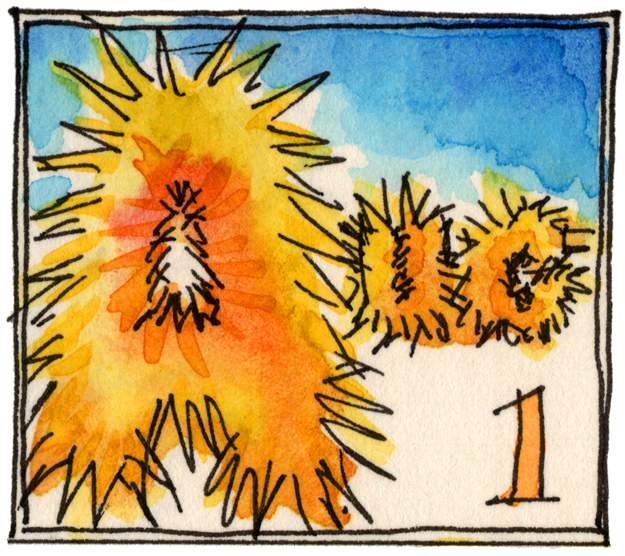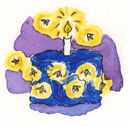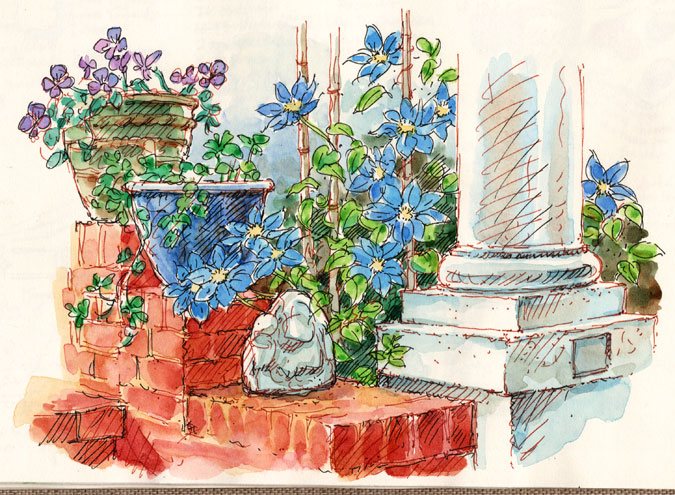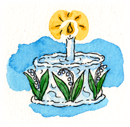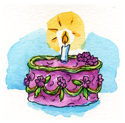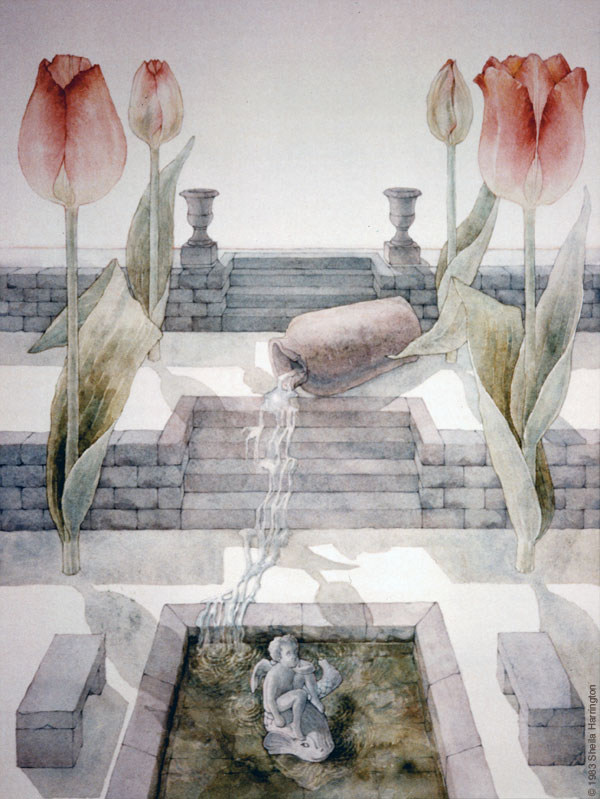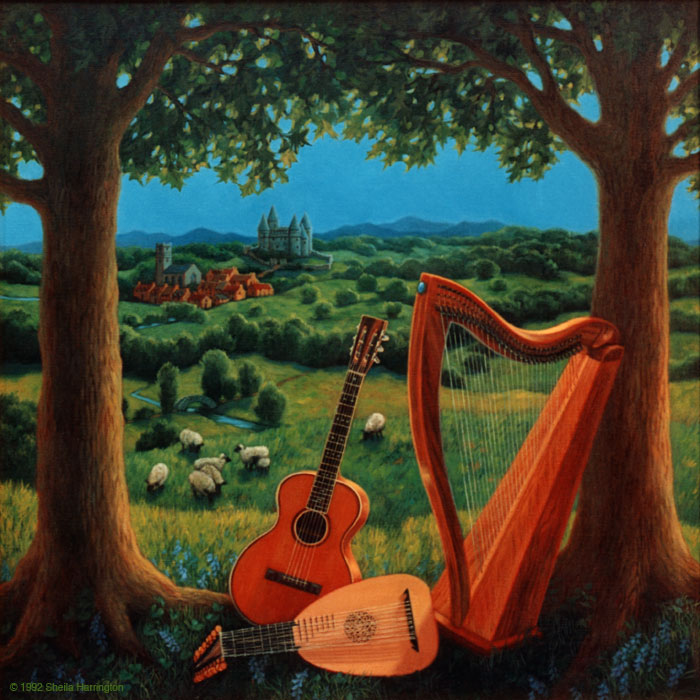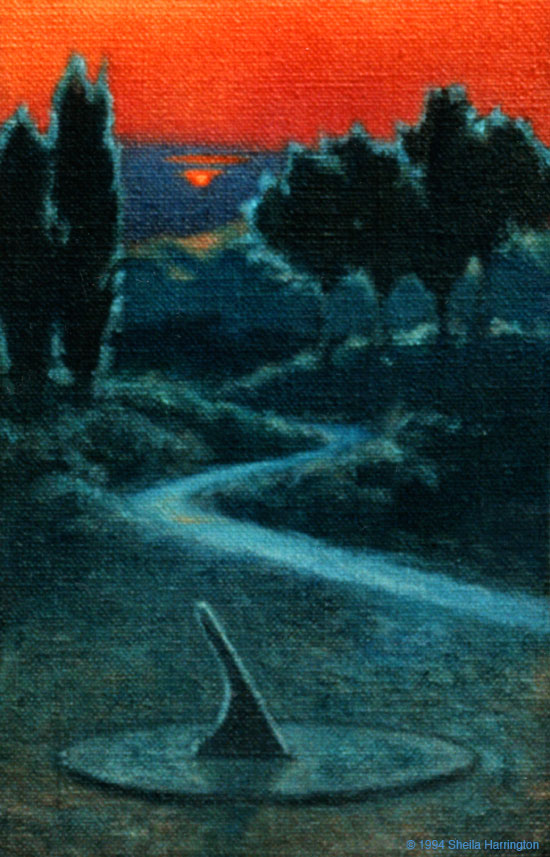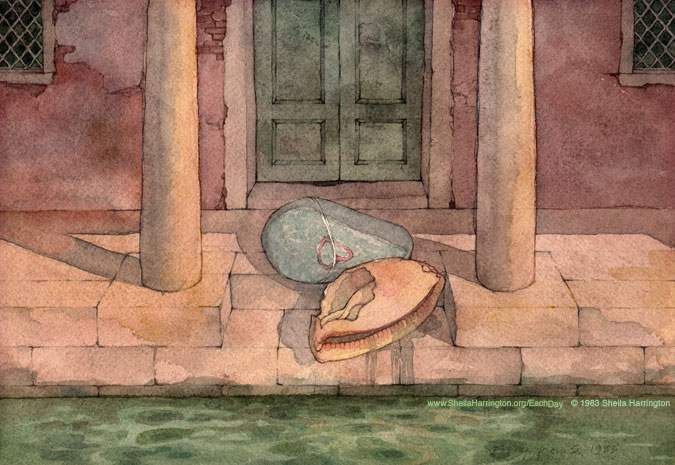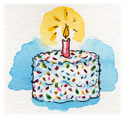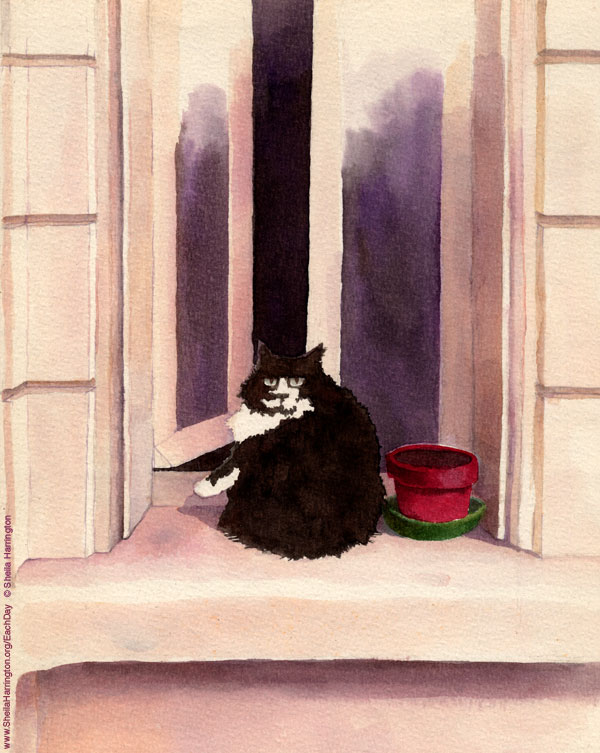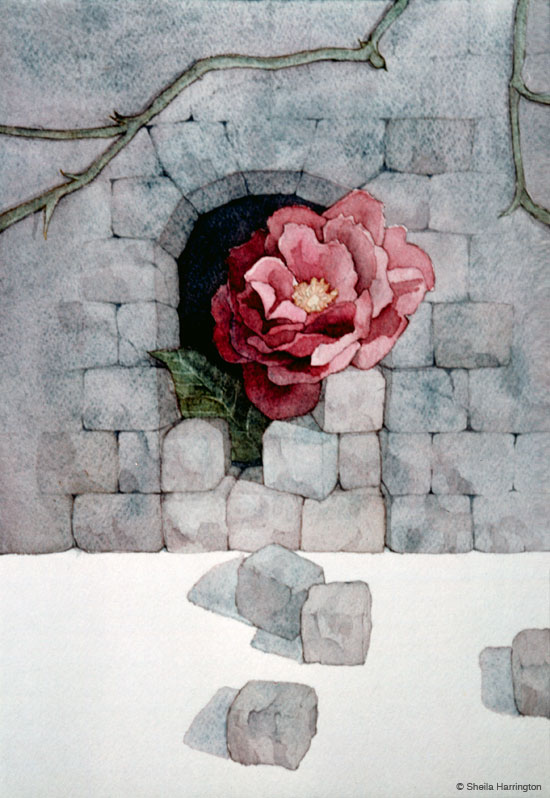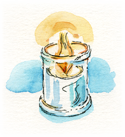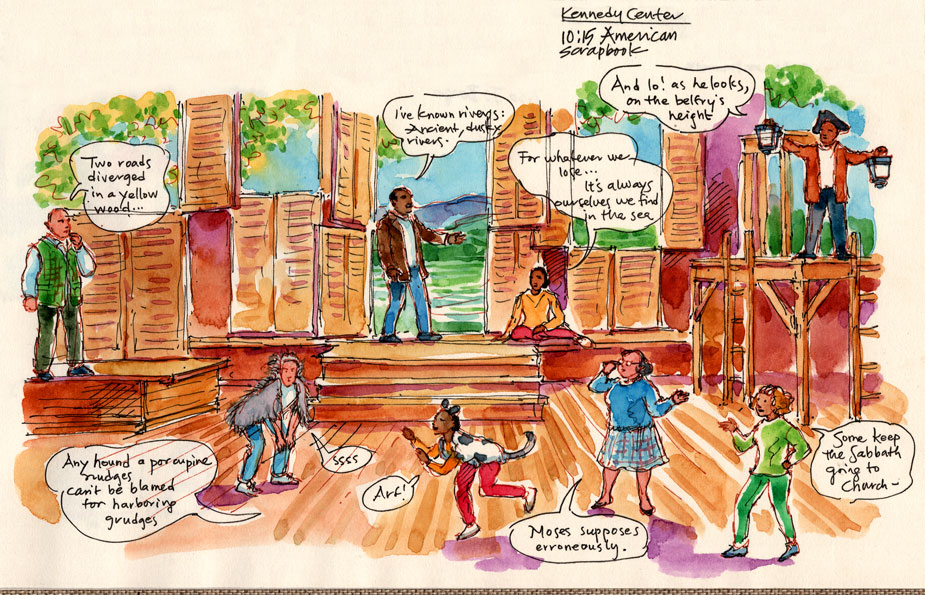
Unbelievably, it has been FIFTY YEARS since the inauguration of John F. Kennedy, and in honor of this anniversary the Kennedy Center here in Washington, DC has created a blockbuster lineup of events. Both President and Jacqueline Kennedy were enthusiastic supporters of the arts, so the celebration includes a bounteous variety of musical, theatrical, and dance performances, some ticketed and some free of charge. It is, after all, the Kennedys who helped bring to fruition a long-languishing plan for a National Cultural Center, which was renamed the Kennedy Center after Kennedy’s assassination in 1963.
Whatever you may think of its architectual style, you must acknowledge that it’s been a fantastic addition to the Washington cultural scene all these years, providing a setting for a huge range of artistic performances (including Millennium Stage, with 365 free performances a year!) and inspiring the launch of many additional venues. And it has a lovely view from the terrace. Anyway, we’re all used to it now, as a familiar icon for which we feel affection, like some eccentric great-aunt who is known for her peculiar hats.
As part of a homeschoolers’ outing, my daughter and I attended American Scrapbook, A Celebration of Verse, a theatrical interpretation of some of the Kennedys’ favorite poetry. The family had a lovely tradition which (WARNING) will assuredly make you long to go back and raise your semi-literate, poetry-impaired children all over again: for the parents’ birthdays, the children Caroline and John Jr. each chose poems and then created drawings to accompany them, which were then pasted into a scrapbook.
This scrapbook collection inspired the play, which was essentially a seamlessly interwoven, thematically arranged series of “recitations”—although I hesitate to use that dry schoolhouse term, because the interpretations were so engaging and heartfelt. (I tried to sketch, but it was pretty dark and the actors were awfully “active,” thus the rough, scribbled result.)
The set was simple, modest, effective: tall wooden shutters that opened and closed in a variety of configurations to reveal changing images that supported, rather than distracted from, the spoken word.
Lively, imaginative, yet true to the spirit of the poems, the program transfixed the audience of elementary and middle-school children for an hour, which, when you’re talking about poetry, is truly a laudable achievement.
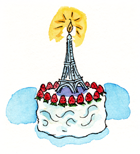 Walter
Walter

